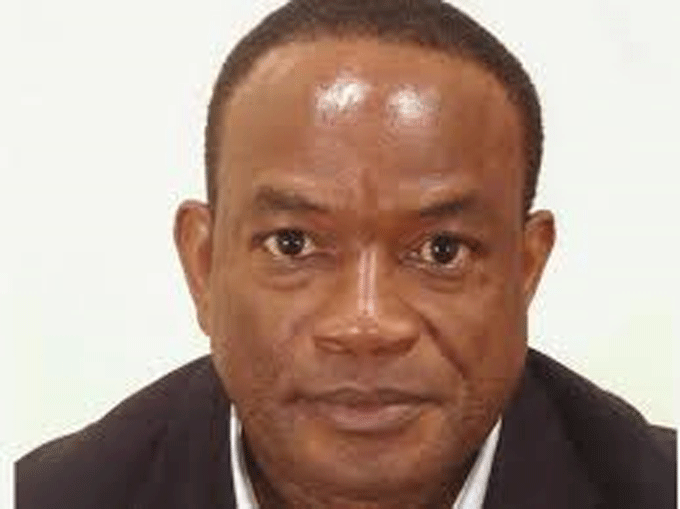Source: Brace for hard times, ex-CCZ boss warns – The Standard
BY TATIRA ZWINOIRA
Former Consumer Council of Zimbabwe (CCZ) chairperson Phillip Bvumbe says consumers will continue to be affected by price increases due to hikes in fuel prices triggered by a slump in global output.
The decline in fuel output is expected to continue until the war in Eastern Europe between Russia and Ukraine ends, according to experts.
The cost of living reached $75 000 at the end of January, while the Zimbabwe Statistics Agency (Zimstat) reported that the total consumption poverty line was $9 114, translating to a cost of living of $54 684 for a family of six per month.
However, as reported by the central bank last month, the average income is below $50 000 per month.
Experts say apart from high rates of unemployment, even those formally continue to earn below the poverty line.
“If you look at the CCZ breadbasket for the end of January it stands $75 000, up from December 2021 which was $72 000,” Bvumbe told Standardbusiness.
“Now, when you look at the majority of minimum wages, they are below $50 000 and yet the family basket now stands at $75 000. So, that nature would incline that most of these people are living below the consumer council basket, which means they cannot afford to access basic commodities, which are in the basket for a family of six.”
Government has exacerbated the problem by raising the price of fuel per litre by 10% to US$1,67 and US$1,68 for petrol and diesel, respectively, within one week.
Experts have warned that the new price of fuel will result in basic commodity prices of basic commodities rising.
Prices of basic commodities and services will rise further in the coming weeks as the government announced that it will be increasing the price of diesel and petrol weekly.
Bvumbe said based on the different wage negotiations in the formal sector, the highest paid employees were those from the Zimbabwe National Road Administration, who average a minimum wage of $70 000.
“Looking at the mining sector, the minimum wage was $44 000 with a combination of US$158 to the extent that the balance is then paid with the weekly rate of the RBZ,” he said.
“In another sector, the insurance sector, the minimum now is about $53 000.
“You look at the banking sector there is a deadlock there as the minimum is still standing at $26 000.
“Now, I have given you the top-notch sector where you would expect those sectors to be earning above the PDL (poverty datum line).”
Revelations of poor incomes were first reported by Zimstat who in a recent report found that 80% of the employed persons from both formal and informal sectors were earning a monthly income of $20 000 in October 2021.
The $20 000 was against a cost of living of $42 708, for a family of six.

